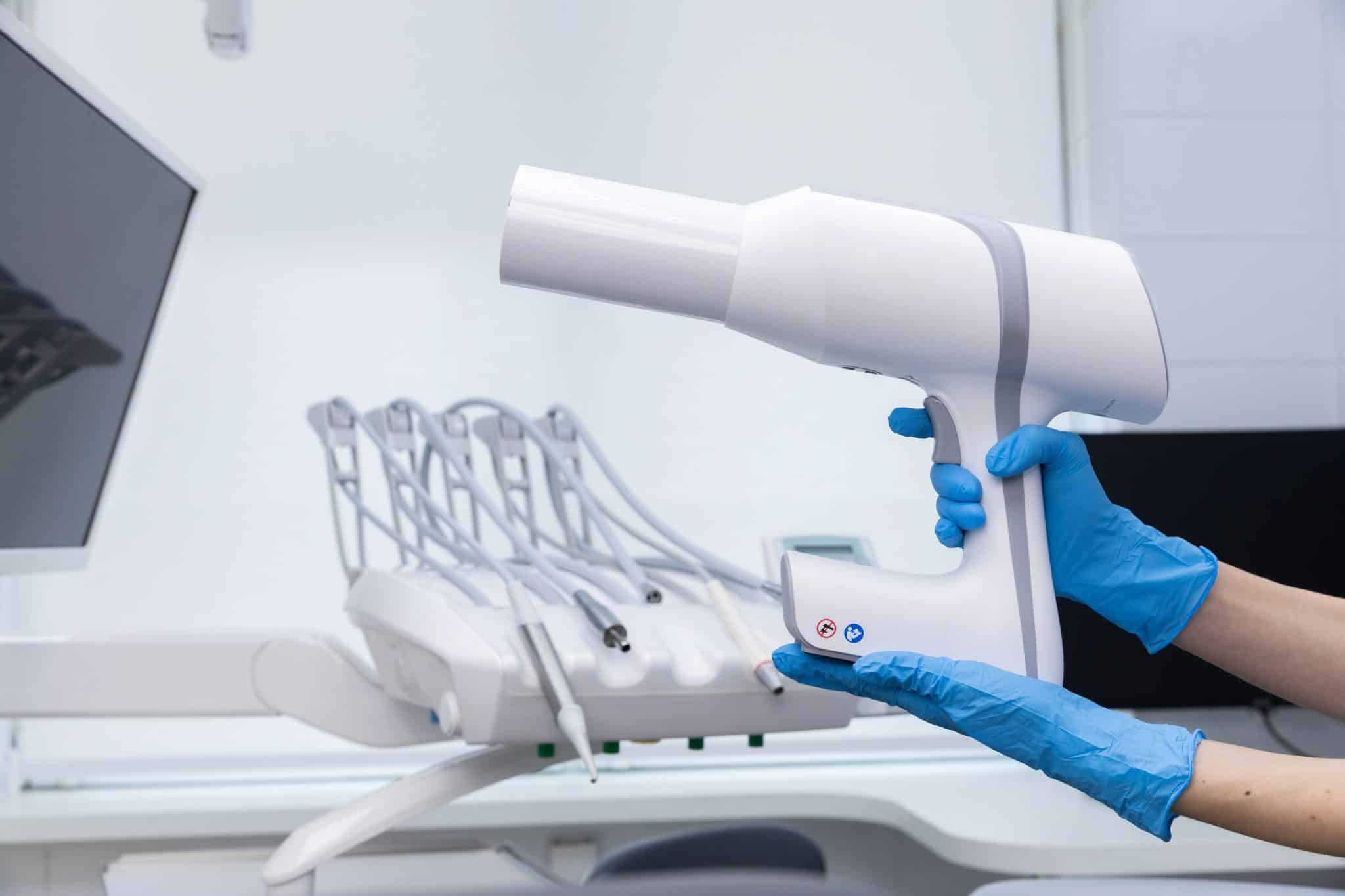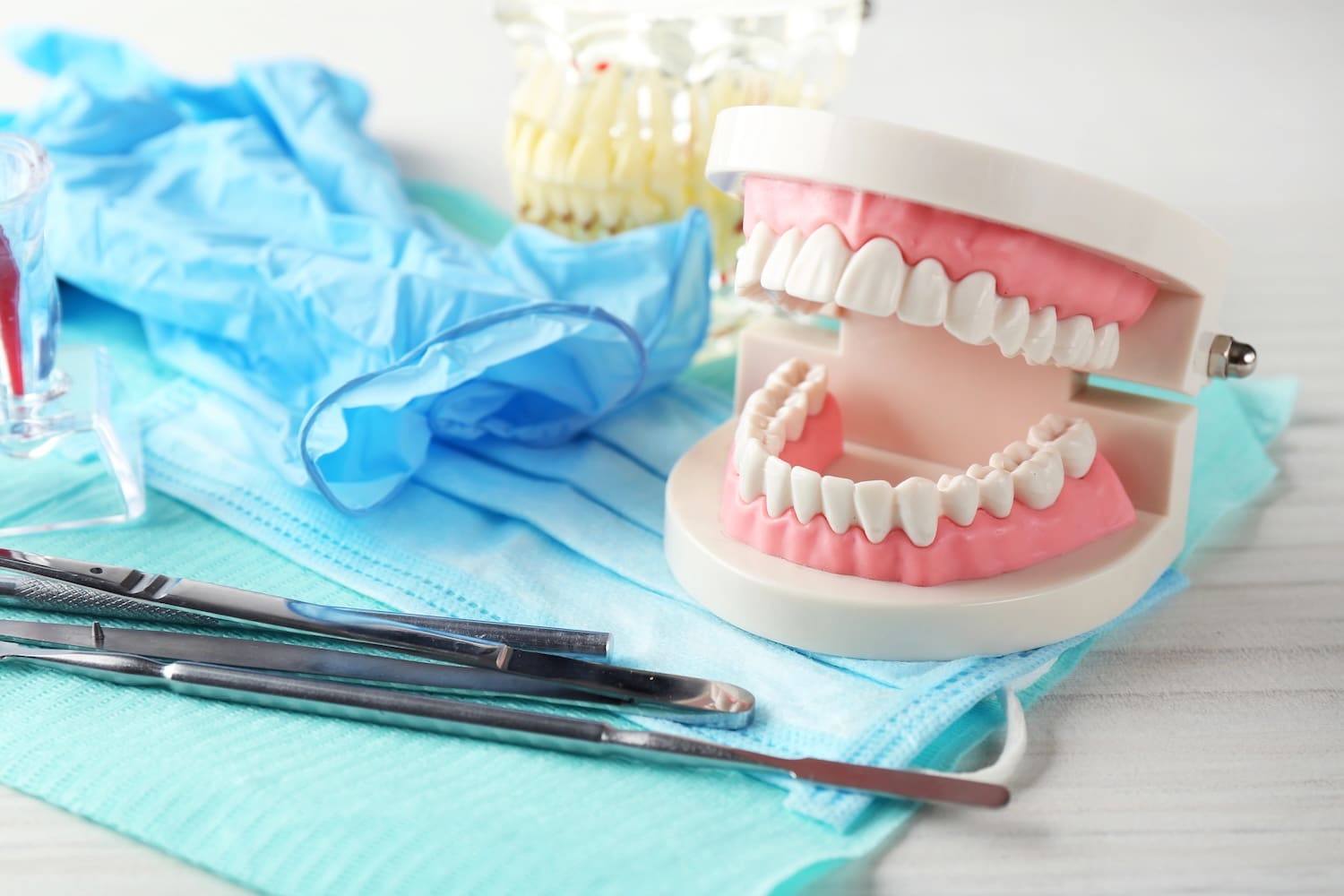As a dentist, you specialize in taking care of your dental clients’ oral health – you aren’t an accountant or tax specialist. Most dentists are unaware of all of the tax credits they are eligible for, and don’t have a financial plan to maximize their tax return. To help you avoid some pitfalls, below are 5 common tax mistakes dentists make.
Table of Contents
Toggle1. Not Realizing the Impact of Tax
Dentists have the potential to become high earners; the downside of this is that they can end up paying high income tax. Without a plan in place to minimize the tax owed, your estimated tax payments can be extremely high.
However, many dentists don’t realize they can do anything to significantly reduce this, both for their dental practice taxes and their personal taxes. Not taking positive action to reduce tax owed is a big mistake, since dollars paid towards tax comes out of your profit.
As high earners, moving into the higher tax brackets significantly affects what you will owe, unless you make efforts to reduce your taxable income or find other ways to shelter your income. Knowing you need to do this – and can be successful in doing this – is the first step.
2. Not Fully Benefitting From RRSPs and Retirement Savings
Many dentists don’t maximize their retirement plan contributions, so are missing out, not only on preparing for retirement, but also on the tax-deductible benefits of the contributions. The money received back on your tax return can be used for other financial projects.

3. Not Getting Ahead on Personal Finances and Not Integrating Everything
If you don’t have a financial plan and integrate it with your business and personal goals, it is difficult to make sure you reach them.
When you are in good financial shape, and have low debt or no debt, you can take advantage of more opportunities, including tax shelters and tax opportunities. Planning ahead also means you have time to implement and leverage tax strategies.
Developing the right strategy for you depends on your personal goals and family situation. With a spouse, there may be income splitting opportunities. With a family and needs for life insurance, there are opportunities for purchasing whole life insurance which can provide retirement income as well as providing security for your family. While insurance agents can help with the insurance aspects, it is important to develop an overall, broader plan to integrate all of the different financial components in your life together. When you have all the pieces together in a comprehensive business and personal finance plan, strategies can be developed to leverage income tax and other financial opportunities.
Doing this ensures you have the right cash flow for your business and personal life, to buy real estate for your home or practice, obtain insurance and investments, and meet your changing life and career needs, while not losing money unnecessarily on taxes and other money-drains.
4. Not Leveraging Tax Efficiencies or Reducing Taxable Income
Another one of the tax mistakes dentists make is not making the most of tax deductions and credits. This usually stems from not knowing all of the opportunities there are in the tax code to claim and reduce taxable income.
A tax professional or tax preparer can help with this; however, having an accountant who can integrate this with your other financial decisions and aspects in your business or at home will result in a better overall tax strategy.
Businesses can benefit from a variety of opportunities. As a sole proprietor or practice owner, you should be aware that employee benefits plans can reduce business tax. All premiums you pay are tax deductible. By carefully assessing your situation, you can determine what is the best way to maximize the benefit of this, as well as finding other ways to reduce pay.
You should also determine strategically how much to pay yourself for salary. You need to have a good, liveable income, while leaving enough in the business to continue to grow it. Taxing out a little less, and staying under the next tax bracket, may be beneficial.
You could also consider hiring family members and paying them through the business as an expense. What will work best for you will depend on your individual circumstances.
It is also not uncommon to incorrectly report or not fully leverage expenses like business mileage and the dental clinic mortgage. These little expenses can add up. You can investigate all of the claims you may be eligible for, but it can be difficult to keep up on all of the possibilities, especially as they may change every year.
![]()
5. Poor Tracking and Record Keeping, Resulting in Errors in Calculating Estimated Tax Payments
Many dentists, especially if using outdated manual systems, don’t keep track of everything fully, and don’t keep complete records. When it comes to tax time, if a dentist doesn’t have the right receipts and invoices, it will mean that the tax-deductible claim can’t be made.
Tax Mistakes Dentists Make While Filing
Often related to not having good records, but also potentially due to simple errors or not understanding the form, many dentists put incorrect information on their tax filing. They will often make mistakes like double dipping (making a claim twice), not putting a claim in the right spot, or other errors. Having all of the information at hand when filing or seeking the help of a professional will help reduce these mistakes.
Get a financial planner and accountant specializing in dentists. To fully leverage the tax opportunities available to dentists specifically, not just businesses in general, finding an accountant that specializes in dentists and dental practices is ideal. At DentalTax, we can help with both tax planning and tax preparation, so you can make the most of the tax opportunities available to you. We specialize in dentists, so we know how to help you best with your taxes and other financials.
Adam has an MBA from the Richard Ivey School of Business in London and also holds a Chartered Investment Manager designation.
- Tax Return Preparation Guide for Dental Professionals - January 19, 2026
- Financial Lessons from Successful Dental Practices - January 12, 2026
- 2026 Tax Changes Affecting Canadian Dentists - January 5, 2026




